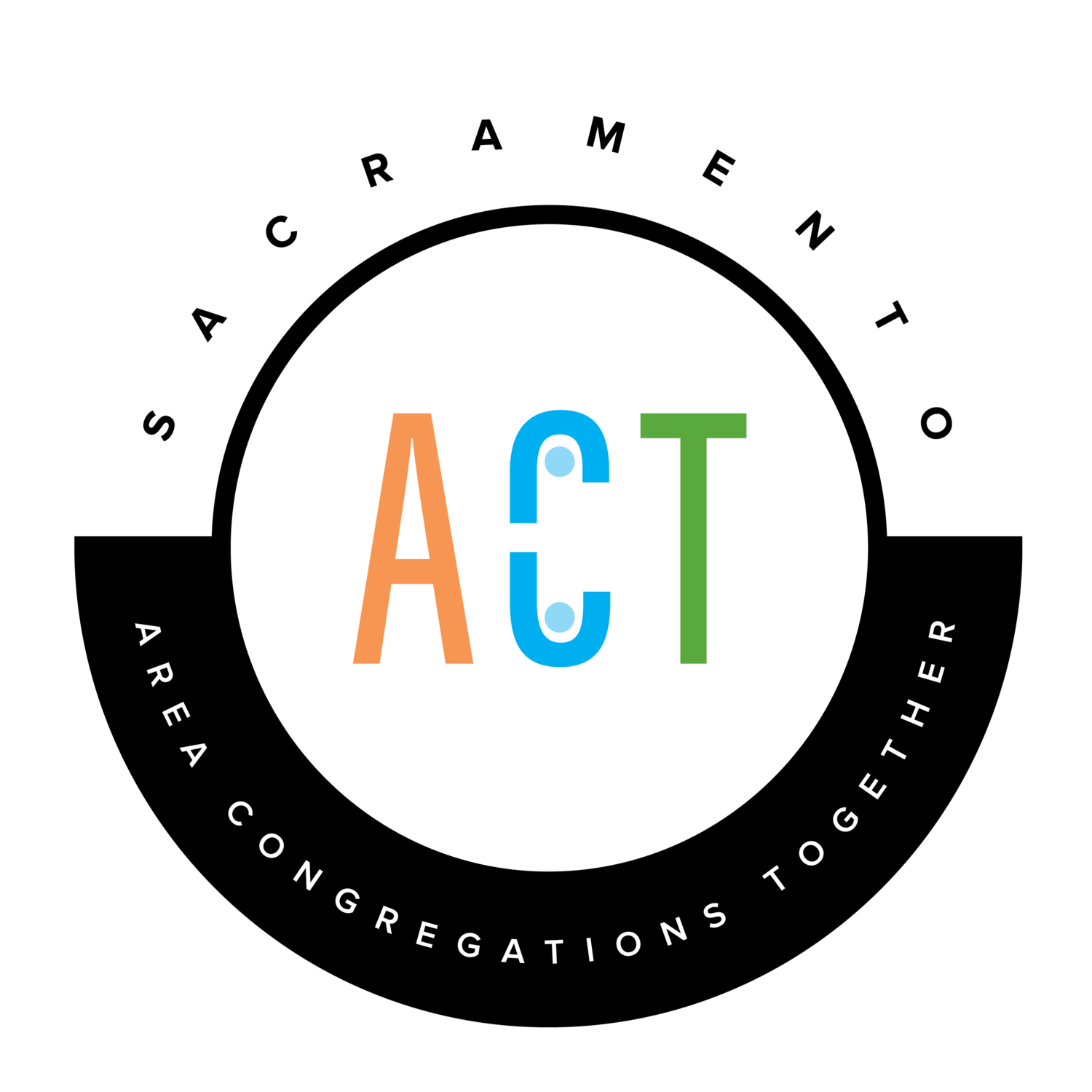OCTOBER 27, 2020 05:00 AM
The city of Sacramento is planning to give a $30 million tax break to the developers of a controversial UC Davis project that critics say will accelerate gentrification in the city’s Oak Park and Tahoe Park neighborhoods.
The proposal, which the City Council will consider Tuesday, would also include a $37 million plan to spark more affordable housing in the neighborhoods surrounding Aggie Square, said John Dangberg, a consultant for the city on the project.
The university is planning to break ground on four buildings next year, including classroom and research space, and 285 units of student housing that will rent for about $1,900 a month per unit, according to a July report.
The $1.1 billion first phase of the project is expected to bring 3,600 new jobs to the site at Stockton Boulevard and Second Avenue, not counting construction jobs. Many community members worry the new employees will flood the rental market, driving up prices and forcing current renters out.
Council members could Tuesday take the first step toward creating what’s called an Enhanced Infrastructure Financing District. Under that mechanism, about $30 million in new property tax revenue that would normally go toward city coffers would be redirected toward helping the developer fund the project – paying for infrastructure such as roadways, storm water and sewer improvements – through 2069, Dangberg said.
The tax break would provide the developer with the final funding needed to build the project, said Doug Woodruff, of Baltimore-based Wexford Science and Technology, the developer for the project.
“If we get an EIFD commitment, we can just roll right into development,” Woodruff said.
The plan would also include an additional $37 million tax break. That money, which normally would have also gone to the city coffers, would be redirected toward efforts to spark new affordable housing in the area and cash to keep renters from being displaced. Those efforts have not yet been identified, but could include grants to affordable housing developers to help them build on vacant lots along Stockton Boulevard, rental assistance to current residents in the area, and other initiatives, Dangberg said.
COMMUNITY AGREEMENT FOR JOBS, HOUSING
The project will include a community benefits agreement, which will ease community fears about displacement and ensure that a significant number of the new jobs will be attainable for current residents, said City Councilman Jay Schenirer, who represents Oak Park.
“To me, there’s four partners here,” Schenirer said. “UC Davis, the developer, the city and the community. The potential here is enormous if we do this right. And doing it right means we have to do it together.”
Community advocates worry that even with a community benefits agreement, the project will greatly damage the neighborhood.
Rachel Iskow said she was glad the city was planning to fund affordable housing efforts, but that $37 million is just “a drop in the bucket” and will not go far enough to prevent displacement of longtime residents, many of whom are low-income families of color.
“It’s simply not enough money to build housing and provide rent supports,” Iskow said. “There are thousands of people in the city waiting for affordable housing.”
The typical apartment rent in Sacramento has increased 45% in the last seven years following the Great Recession.
Iskow and several other community advocates, who formed a coalition called Sacramento Investment Without Displacement, worry they will not have a seat at the table to ensure more longtime residents are not forced out.
“City officials, UC Davis and Wexford know there’s a coalition of reputable organizations that want to see the concerns of residents addressed and they have not brought us to the table in a meaningful way,” said Gabby Trejo, executive director of Sacramento Area Congregations Together, a coalition member.
The group also wants contractual measures to require the developers address air pollution in the high-traffic area, provide free legal service to renters and require UC Davis Medical Center to accept more Medi-Cal patients, Iskow said. The group is concerned the community will not be included as a negotiator and signatory on the community benefits agreement – a legally-enforceable contract.
It has not been decided whether the coalition will sign the agreement, but the city is open to discussing it, Schenirer said. The agreement will address issues regarding both housing and jobs, and will be done at the same time the tax break is finalized, he said.
“One should not go in front of the other,” Schenirer said. “They should be tied at the hip.”
The project also needs University of California Board of Regents approval. The board will consider it next month. If approved, construction on Aggie Square would start in early 2021 and it would open in 2023 or 2024, officials said.
The council meeting will take place at 5 p.m Tuesday. It will be live streamed on the city’s website.
